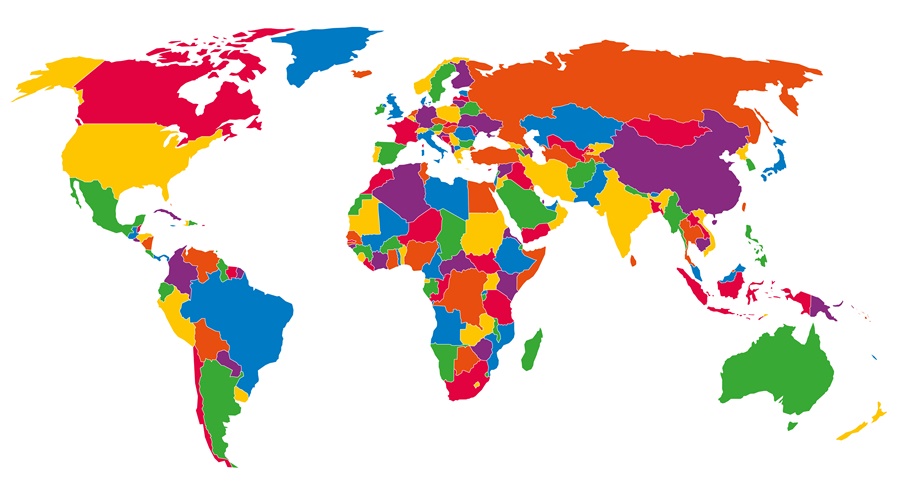
I’m U.S.-licensed attorney Morris Turek and I assist individuals and businesses located outside of the United States with their important U.S. trademark matters. Since 2005, I’ve helped clients located on six continents (no Antarctica penguins have hired me yet) file their trademark applications, renew their trademark registrations, and defend their trademark rights. As a U.S.-licensed attorney, I’m legally able to work with foreign individuals, businesses, and organizations no matter where in the world they happen to be. I’ve implemented affordable and predictable flat fee trademark pricing for the vast majority of my services, and I offer numerous payment methods so that they can choose the one that’s most cost-effective for them. In addition, I can easily communicate with non-U.S. residents through Skype, my Facebook business page, email, and the old-fashioned telephone. I just want to make it easy for people residing outside of the U.S. to contact me and to work with me on all of their various trademark-related matters.
Read more





